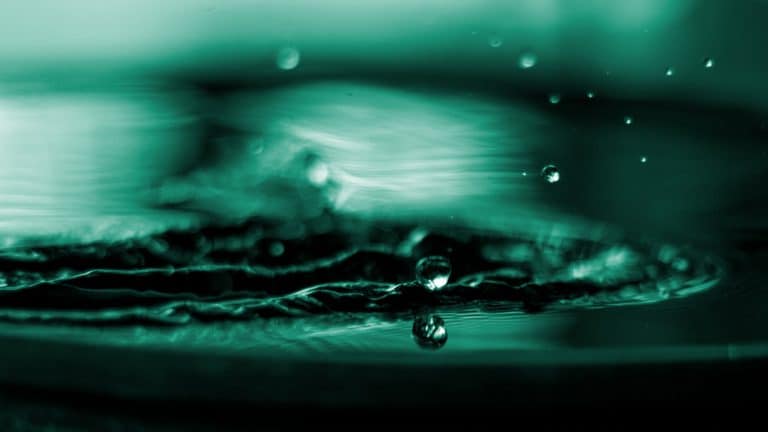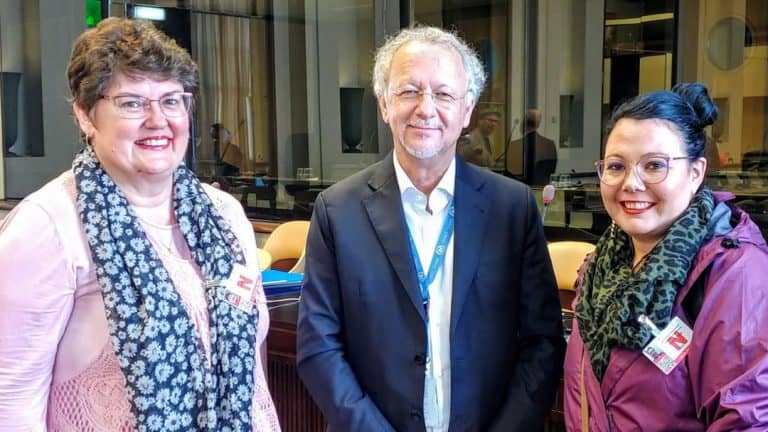AfriForum kicks off annual blue and green drop project
AfriForum branches nationwide will test the water quality of drinking water and water at wastewater treatment works during August – the results will be released in the organisation’s blue and green drop report at a later stage. AfriForum kicked off its annual blue and green drop project at the beginning of the month in Bethal, where the water at the wastewater treatment works was tested.
The organisation has been fulfilling a monitoring role with their blue and green drop project since 2013 after the Department of Water and Sanitation (DWS) stopped compiling their blue and green drop report. According to AfriForum, it is important that communities know whether their water is safe to use or not and that information gap had to be filled.
In the meantime, the DWS has compiled their own report again, but AfriForum will continue unabated to conduct independent water tests and make the results available to the public.
AfriForum has already this year repeatedly put the spotlight on the impending water crisis in South Africa and the government’s failure to solve the poor state of water infrastructure and natural water resources. Despite numerous complaints from communities about sewage in drinking water and even no drinking water, it appears that the government is still unable or unwilling to act.
“Millions of litres of raw sewage are dumped into rivers due to the poor condition and insufficient capacity of wastewater treatment works and this creates the ideal conditions for the spread of waterborne diseases as we saw last year with the cholera outbreak. The very rivers into which sewage is dumped are the source of drinking water for millions of people nationwide, but because drinking water systems are also in a poor to critical condition, the health of South Africans is seriously threatened,” says Marais de Vaal, AfriForum’s advisor for Environmental Affairs.
The DWS’s own blue and green drop report last year left much to be desired. According to this report, 46% of drinking water is microbiologically unsafe for human consumption; 24% failed to be chemically suitable for human consumption; and 67.6% of all sewage treatment works in the country are in a high or critical risk category, which means sewage cannot be treated to sufficient standards to be released safely into the environment.
“We can no longer rely on the government to provide safe water and therefore we test the water quality ourselves,” adds Lambert de Klerk, Manager for Environmental Affairs at AfriForum.
“If our tests indicate that the prescribed standards are not met, AfriForum will ensure that communities are immediately notified of any dangers and urge the relevant municipality to resolve the problems as soon as possible,” De Vaal concludes.











